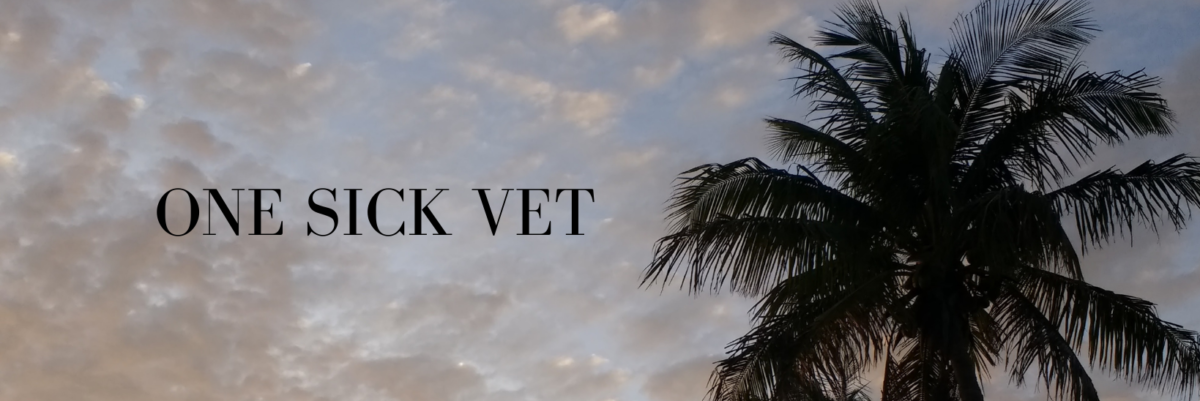We’ve still got too much stuff for our small house. So we’re sifting through it, piece by piece, item by item. To use a current buzzword, we’re “curating” our lives, winnowing down to the essentials. The things that are beautiful or useful, as William Morris said.
‘Have nothing in your houses that you do not know to be beautiful or believe to be useful.’
William Morris
It’s difficult *not* to accumulate stuff in America, given our consumerist, capitalist society. Manufacturers and merchants use psychology to manipulate us, to entice us to buy more, to spend more. Growing up in a soup of advertising, we assume consumption is what one does and we influence each other to do it, reinforcing the messages we see every day.
In the early Nineties, Joe Dominguez and Vicki Robin challenged us to figure out what our personal “enough” was. Their book, Your Money or Your Life, was more than just a challenge to figure out how much money you need in order to pay your bills without working. They were also challenging us to figure out how much “stuff” we really needed to be happy, and how we can focus outward instead of inward, sharing with others when we have more than enough.
How much stuff do I need to be happy? The first time I went to Saudi Arabia, we stayed in 10-person tents in very basic conditions. We each had a cot and a foot locker (to keep the rats and spiders out of our stuff). The tent had one light bulb – the entire tent was either “light” or “dark.” And the tent was an open bay – no privacy.
But over time, as we returned to this base on future trips, the accommodations gradually got somewhat upgraded. We each got a nightstand. Then we each got a small lamp for our nightstand. That felt like a huge luxury – we could each have light when we wanted it, without having to negotiate with the entire tent’s inhabitants! It felt like such a luxury. Eventually, we even got dividers for our tents, so we could each have a small private section of the tent. That meant we could grab naps when we needed them, without being disturbed by other people’s lights or noise.
We really had very little, but it felt like enough. In fact, it felt like luxury. (Those lamps – a big deal!) And when I came home from these trips, the amount of stuff I had in my house felt overwhelming. SO MUCH STUFF! Far more than the basics plus a little luxury. Far more than “enough.” Rather than making me happy, my stuff was stressing me out.
Every time, I’d vow to get rid of extraneous stuff. I wanted to have that same feeling at home as I did overseas – that I had the amount of stuff that made me grateful. But American life is also overly busy, and I’d get distracted after maybe giving away a box or two of stuff or selling a few things.
So here we are, many years later, still surrounded by too much stuff. We’ve been able to give away some things this past year to people who could really use them, which feels good. But we still have a ways to go.
Wish me luck as I use this No Spend January to reflect on my spending and face the fact (again) that I already have more than enough.
